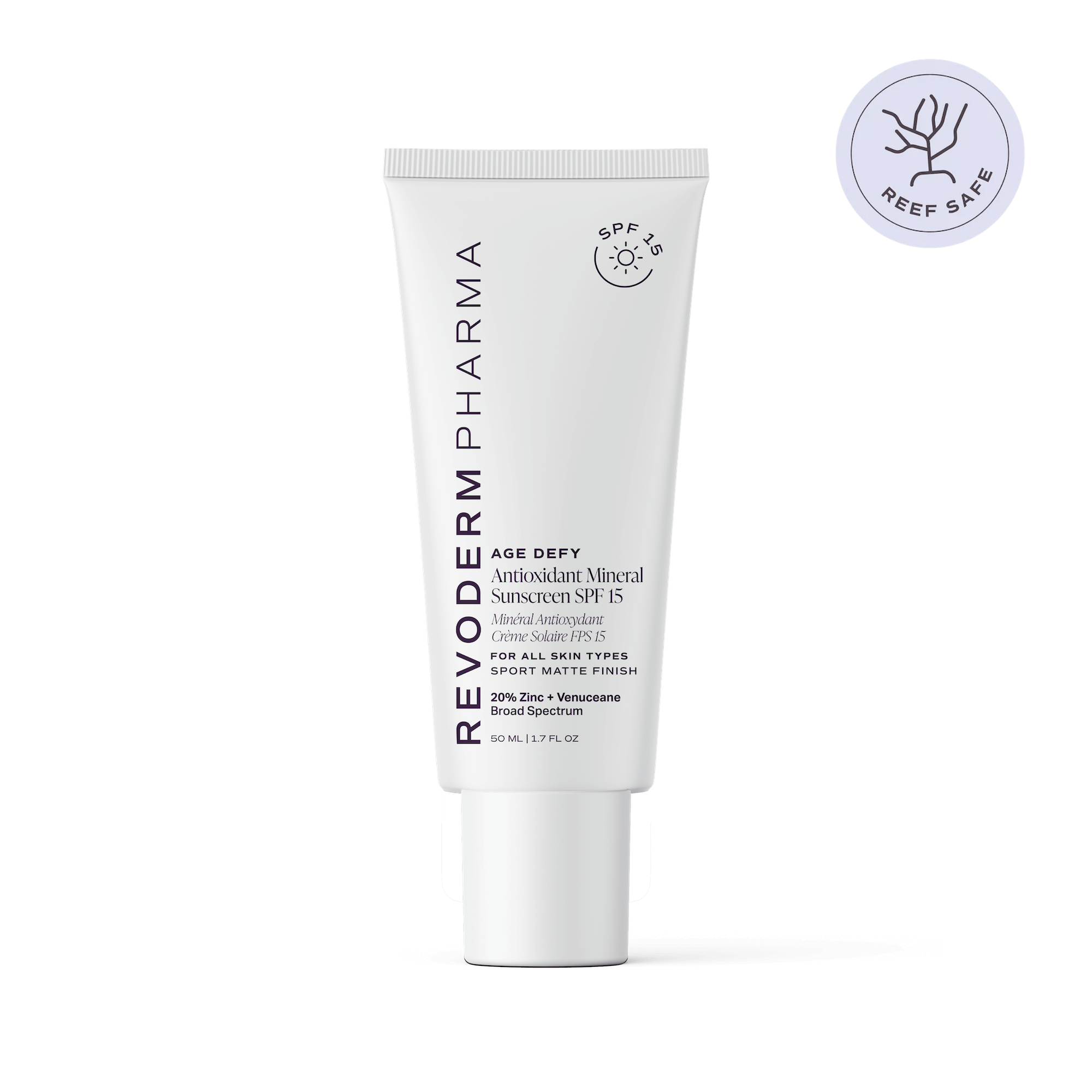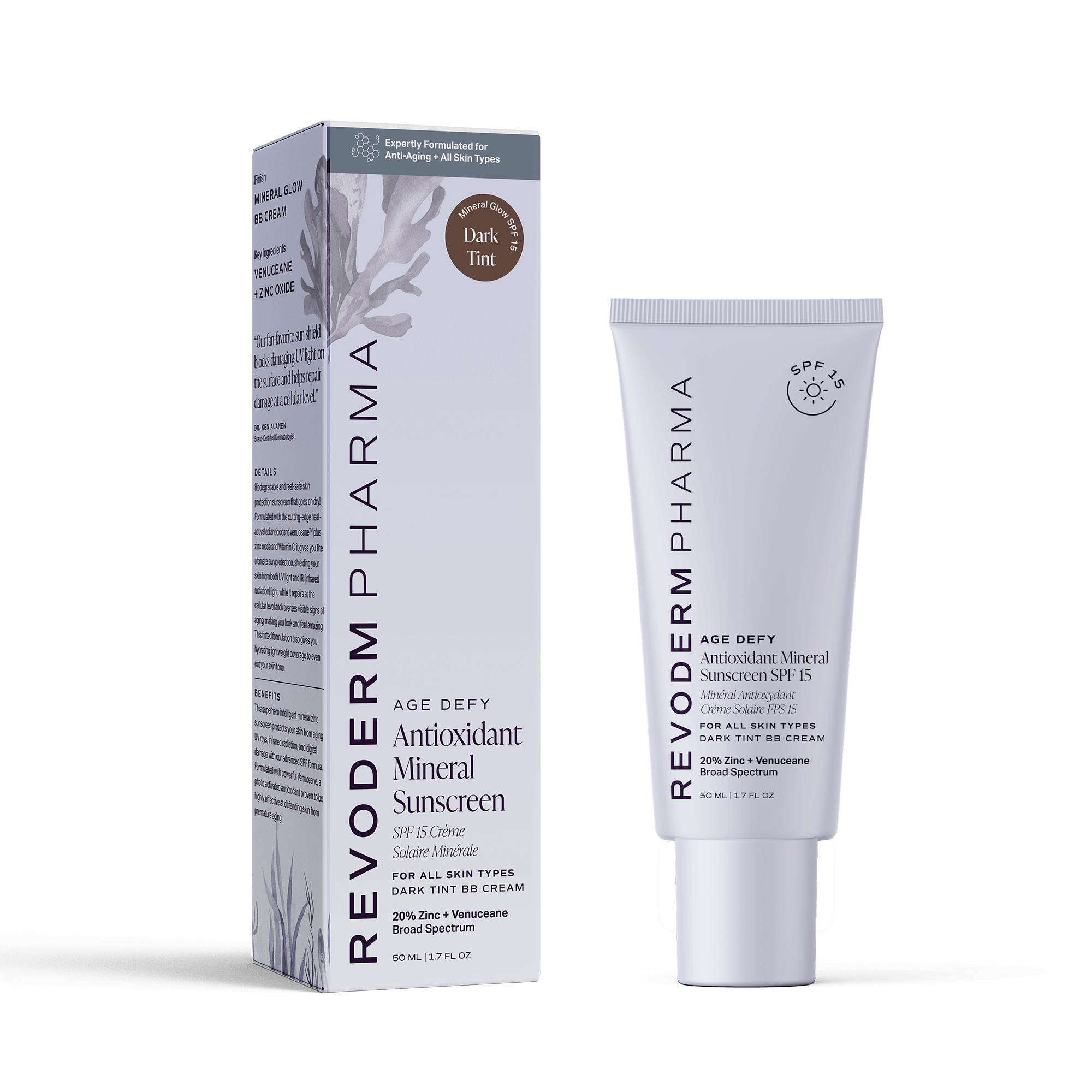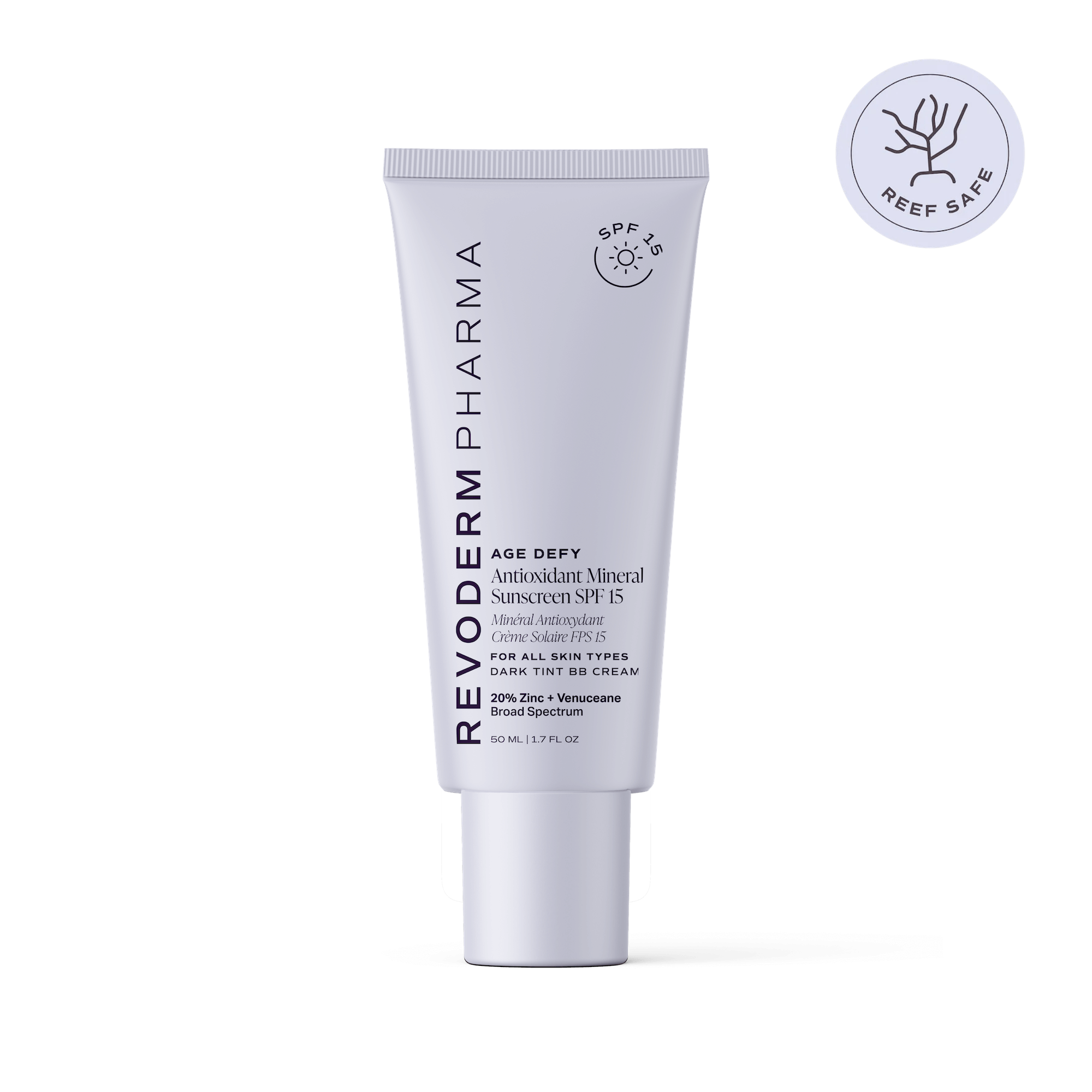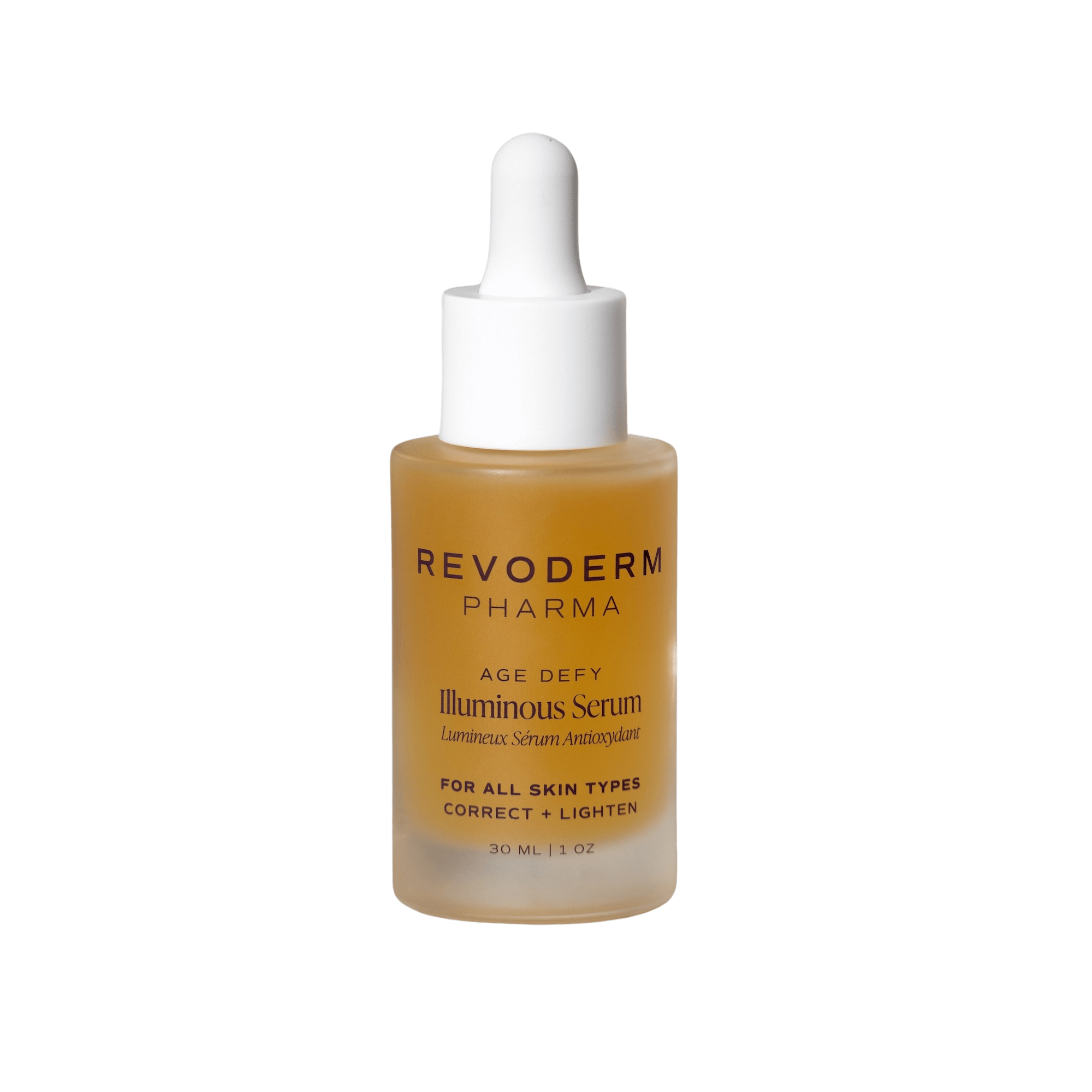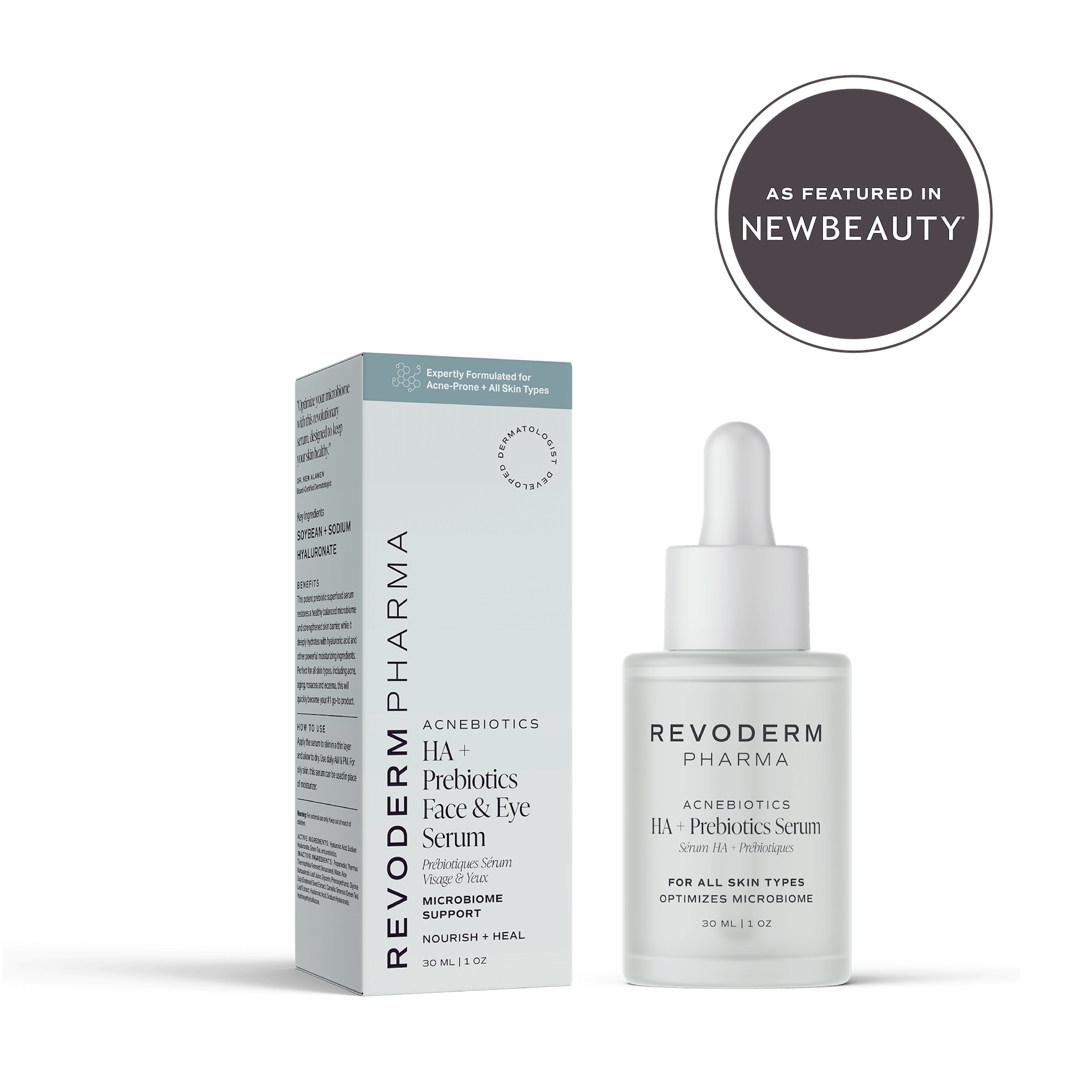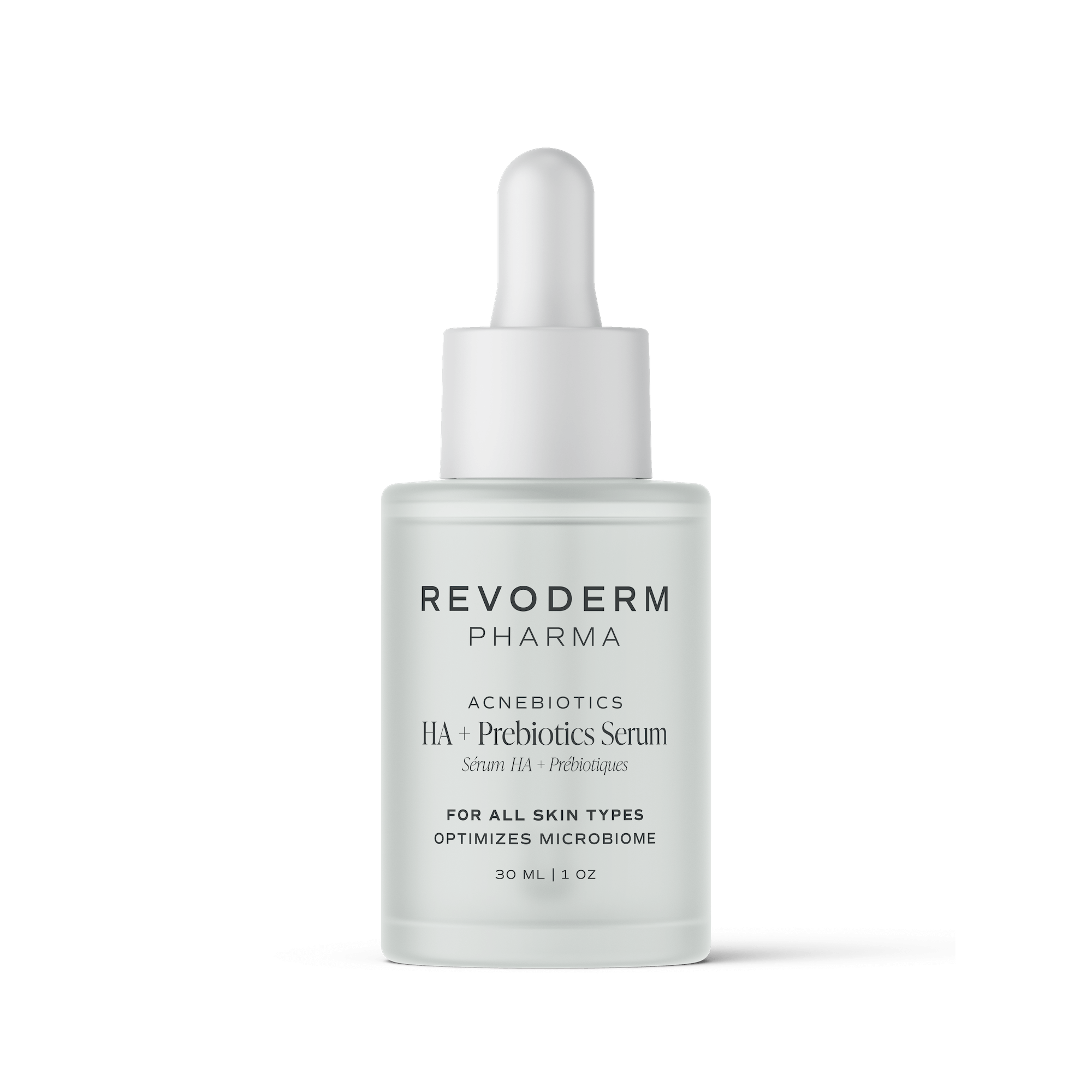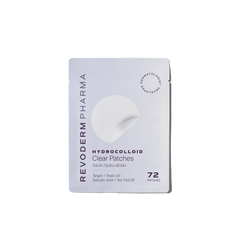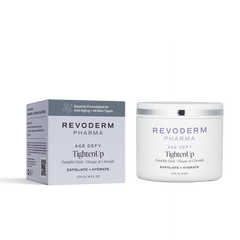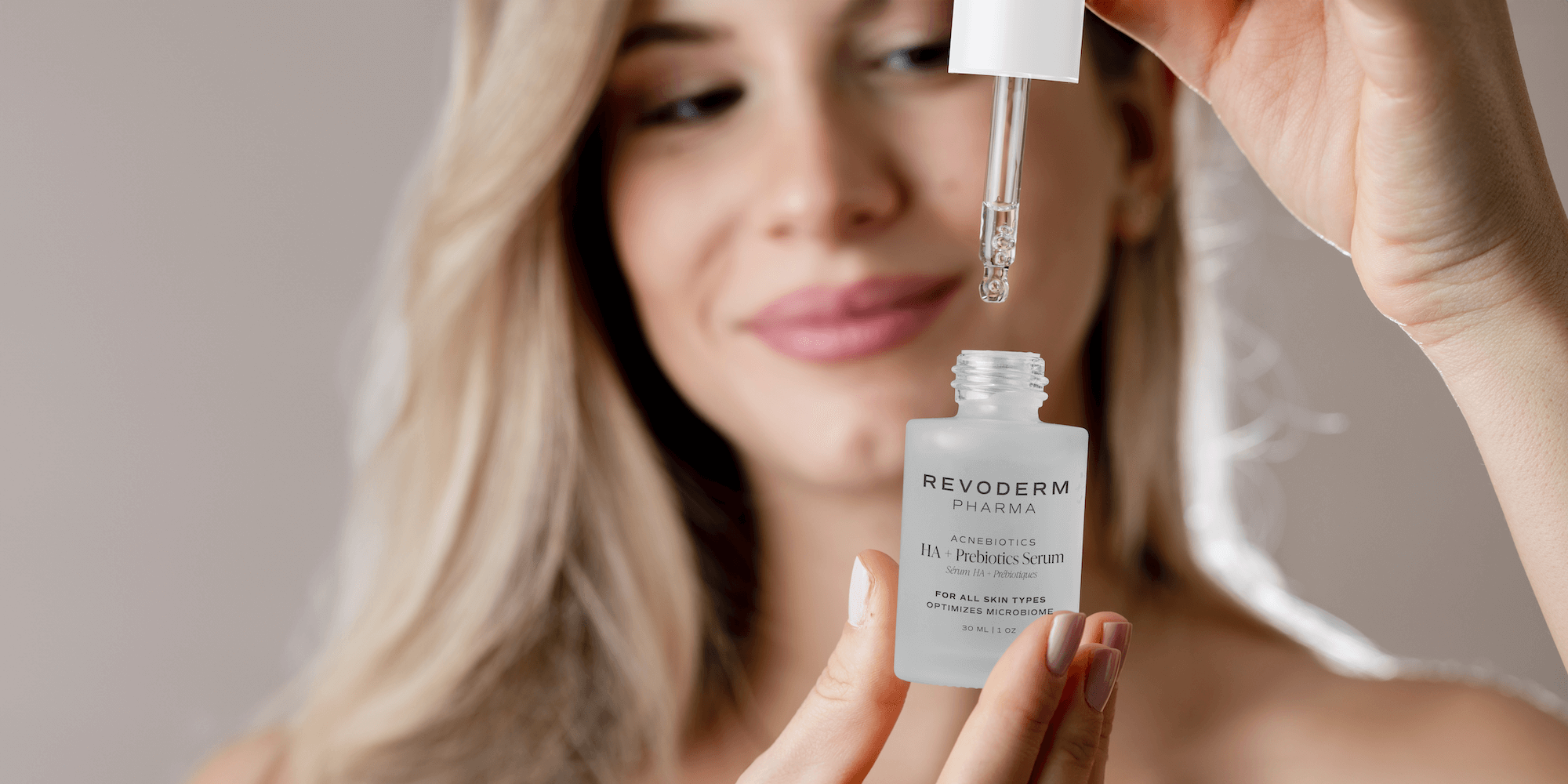If you want the best possible skin in the long term, retinol cream with vitamin C is indispensable.
What Is Retinol?
Retinol is vitamin A. Pure vitamin A, in fact. Retinol is formed when beta-carotene (the molecule that give carrots its yellow colour, is cut in half). Vitamin A has many super-important roles in the skin, and it remains the cornerstone of most skin care routines – it is usually in an acne regimen for a teenager, as a therapy for large prominent pores or as a prominent part of an antiaging protocol for an adult.
How Does Retinol Work?
There are many forms of vitamin A in the skin including retinaldehyde, retinoic Acid and retinyl esters. Retinoic acid is the “active” form of vitamin A but it is very irritating. Retinol, on the other hand is much better tolerated and it is converted into retinoic acid soon after it is applied to the skin.
Retinol has many, many roles in normal skin function, including slowing down oil production, thickening epidermis and repairing DNA damage from years of sunshine. It also helps regulate epidermal cell turnover and therefore it helps keep your pores from being clogged. Retinol stimulates the formation of collagen and elastin in the dermis.

Be “Type A For Vitamin A”
Type “A” people are society’s hard working keeners, goal oriented, and love consistent attention to details. In short you need to be “type A for vitamin A”. Sun exposure – even minimal amounts of sun - depletes vitamin A from your skin and in that regard, it is the Achilles’ heel for your skin’s vitamin A. Even on cloudy days. Even if you are behind a window or inside of your car. Even if it is not especially hot, sunshine is degrading your vitamin A. Your best skin will come from protecting your vitamin A (sunscreen; see our other blog) and replacing it at night time (retinol cream) and plenty of great vegetables (e.g. carrots, broccoli, spinach, peppers) as well as eggs.
Vitamin A In Dermatology
Vitamin A metabolism plays very important roles in practically everything that a dermatologist treats: acne, sun damage, wrinkles, irregular pigmentation and many skin cancers and pre-cancers. These are all vitamin A deficiency states, in fact.
Prescription Retinol Vs Cosmeceutical Retinol / OTC Retinol
If you have really pronounced acne or a pre-cancerous type of sun damage, prescription strength retinols e.g. tazarotene (Tazorac), tretinoin (Retin A), adapalene (Differin) are often prescribed. These are typically too harsh for most people as they can cause peeling, redness and irritation; indeed, the “cure can be worse than the disease”. These are the side effects of retinol ; all retinol creams have this side effect profile. There can be too much of a good thing when it comes to retinol.
Retinol: Indispensable Help For Acne
Acne is by far the most common disease of humans. Over 90 % of people experience this condition at some point in their lifetime. The strongest retinol therapy for acne is isotretinoin pills (AccutaneTM, EpurisTM) and the results can be truly dramatic and life-changing. However, there is no free lunch – retinol pills invariably produce high cholesterol, high triglycerides, hair thinning, aches and miserably dry skin. Thus, retinol creams are far preferable for most of us; in essence, you can have your cake and eat it too.
Retinol can be a standalone cream or part of a more complex acne care regimen. The only real downside of topical retinol therapy is a tendency for drying and redness. These side effects are predictable and thus manageable by easing into the therapy (every second or third night with increased frequency as your skin tolerates the cream….). We typically add hyaluronic acid serum as it restores the epidermal barrier, treats the dryness and irritation.
Retinol Cream For Wrinkles / Retinol For Sun Damage
Epidermal and superficial dermal wrinkles are caused in part by chronic ultraviolet A depletion from the skin. The earlier you start using topical retinol, the healthier your skin will ultimately be. Retinol is safe – very safe. In fact, we here at Revoderm actually think that there should be a “recommended daily dose” of topical retinol.
Why Is Retinol Best Used At Night?
Again, because it breaks down very easily on skin that is not protected by great sunscreen, clothing or shade. It’s not bad for your skin if you use it in the morning, but you may be wasting your time if you are out in the sun soon after you put it on your face.
Over time, chronically sun exposed skin becomes thinner (epidermis and dermis), due in part to persistent vitamin A depletion. There is a common misconception that retinol this the skin – this is absolutely untrue. In fact, Vitamin A / Retinol cream thickens epidermis and dermis and this results in a younger, healthier appearance. Vitamin A / retinol exfoliates away sun damaged cells as well as irregular pigmentation.
The end result of a consistent retinol cream skin care routine results in less pigmentation, fewer wrinkles, restoration of supple skin and a more uniform, youthful appearance of your face. Retinol is also beneficial for the hands, upper chest and neck.
As a Mohs' skin cancer surgeon, I love the skin cancer prevention aspects of retinol. Do you know that a recent study showed that 100% of non-melanoma skin cancer patients were vitamin – A depleted? This important vignette is really hard to read about in online blogs, but it is one of the most important aspects of retinol. I will cover this more in an upcoming blog.
What Is The Best Retinol Cream?
The best retinol cream is minimally irritating and co-formulated with an antioxidant such as vitamin C. I am a fan of encapsulated retinol as this delivery system gets the ingredients to where they need to go (into the nucleus cells of the epidermis and dermis), thereby maximizing efficacy and decreasing irritation and redness. Encapsulation means that a lower concentration of retinol can be used; therefore 0.5% Retinol can be as good as a 1% retinol.
Conclusion
So, in summary, if you want the best possible skin in the long term, retinol cream with vitamin C is indispensable. Use it at night time and be fairly generous with hyaluronic acid serum to prevent redness and irritation, eat a diet rich in carotene and, wear zinc sunscreen. And remember, be “Type A for Vitamin A” — your skin will thank you.
Stay healthy!
Sincerely,
Dr. Ken Alanen
Sources
Andersson E et al. Ultraviolet irradiation depletes cellular retinol and alters the metabolism of retinoic acid in cultured human keratinocytes and melanocytes. Melanoma Res. 1999 Aug;9(4):339-46.
Tang G et al Epidermis and serum protect retinol but not retinyl esters from sunlight-induced photodegradation. Photodermatol Photoimmunol Photomed. 1994 Feb;10(1):1-7.
Sorg O et al Oxidative stress-independent depletion of epidermal vitamin A by UVA. J Invest Dermatol. 2002 Mar;118(3):513-8.
Mandeville JS et al Structural analysis of DNA interaction with retinol and retinoic acid. Biochem Cell Biol. 2010 Jun;88(3):469-77

